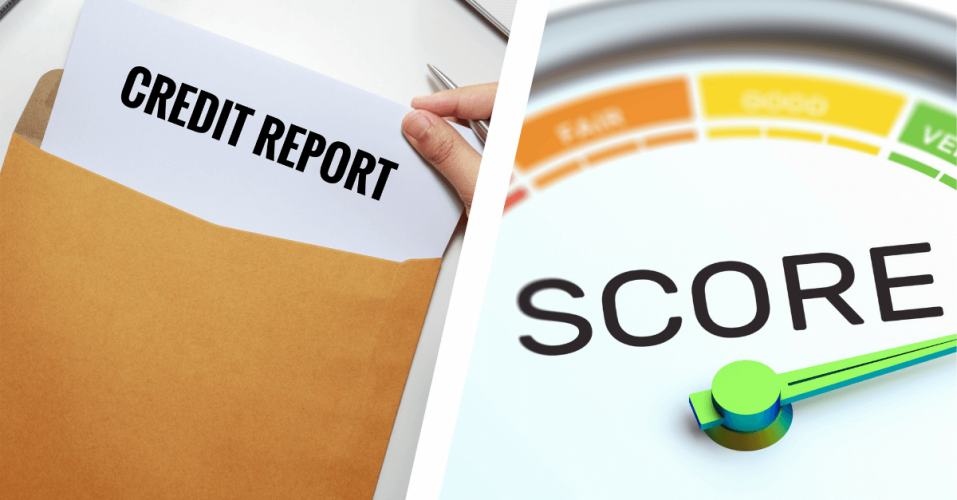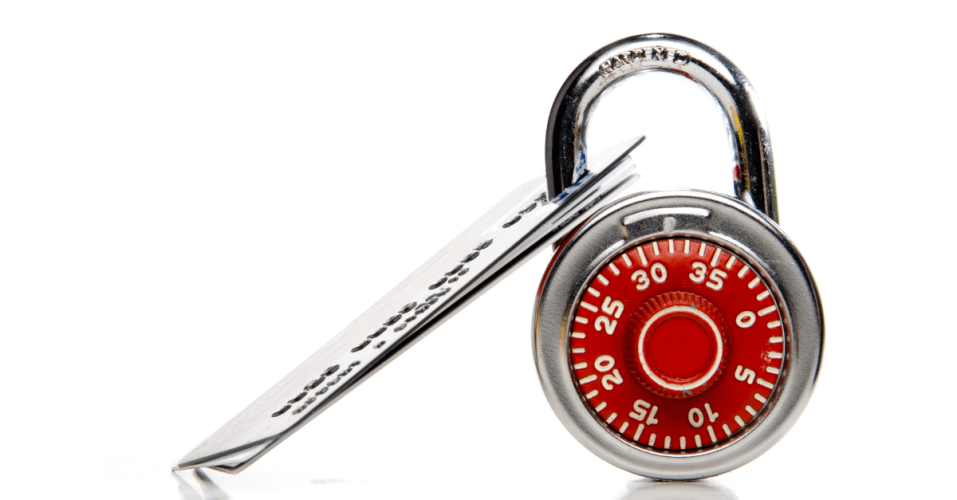
What Additional Information is Useful in Processing a Dispute
If you’ve found mistakes on your credit report, you’re not alone. It’s not uncommon to find one or more errors on your credit report, and if there’s any incorrect information being reported, you should file a dispute as soon as possible. The more backup information you include, the easier it is for the credit bureaus to research.
How Does the Dispute Process Work?
As a consumer, you have the right to file a dispute if misinformation is included in your credit report. Each of the three major credit reporting agencies provides instructions on how to file a credit dispute with them on their website, and the dispute can be done online or by phone or mail. Once you submit the dispute, the credit bureau investigates your claim and returns results within 30 days. If you’ve successfully proven that there’s inaccurate information being reported, the credit bureau will update your credit report to reflect the correct information.
Another option for disputing misinformation is to contact the creditor directly. Let them know what information you believe is being reported incorrectly on your credit report. They may recognize that they’ve made a reporting error and if so, they’ll get it corrected for you.
Information That Needs to be Included
Whether you file a dispute with a credit reporting agency or directly with a creditor, provide as much information as you can. You’ll need to include your name and address, the account number and an explanation of what needs to be corrected. If you’ve moved recently, include the prior address. Besides your name and address and the account number of the information you’re disputing, what additional information is useful in processing a dispute?
When filing a dispute with a credit bureau, include a copy of the portion of the credit report that contains the incorrect information. You may be asked to provide proof of address and a copy of your driver’s license or another government-issued identification card. Include any documents that back up your claim such as copies of cancelled checks, proof that a bankruptcy was discharged or court documents regarding public records. If misinformation is related to identity theft, provide an FTC Identity Theft Report or police reports as documentation.
Dispute Results
If you don’t agree with the results of the dispute, contact the creditor directly to discuss what you believe is incorrect. If you’ve obtained any additional documentation since filing the dispute, provide it to the credit reporting agency. You also have the right to have a brief statement added to your credit report regarding your dispute.
If you need help with the dispute process, consider partnering with Dovly, an AI credit engine. Dovly has disputed 500,000+ credit report errors and we have successfully helped many of our customers get inaccurate information removed from their credit reports. Sit back and watch your score increase, which will put you in a better position to be approved for credit. Try it risk-free with our free membership tier.


